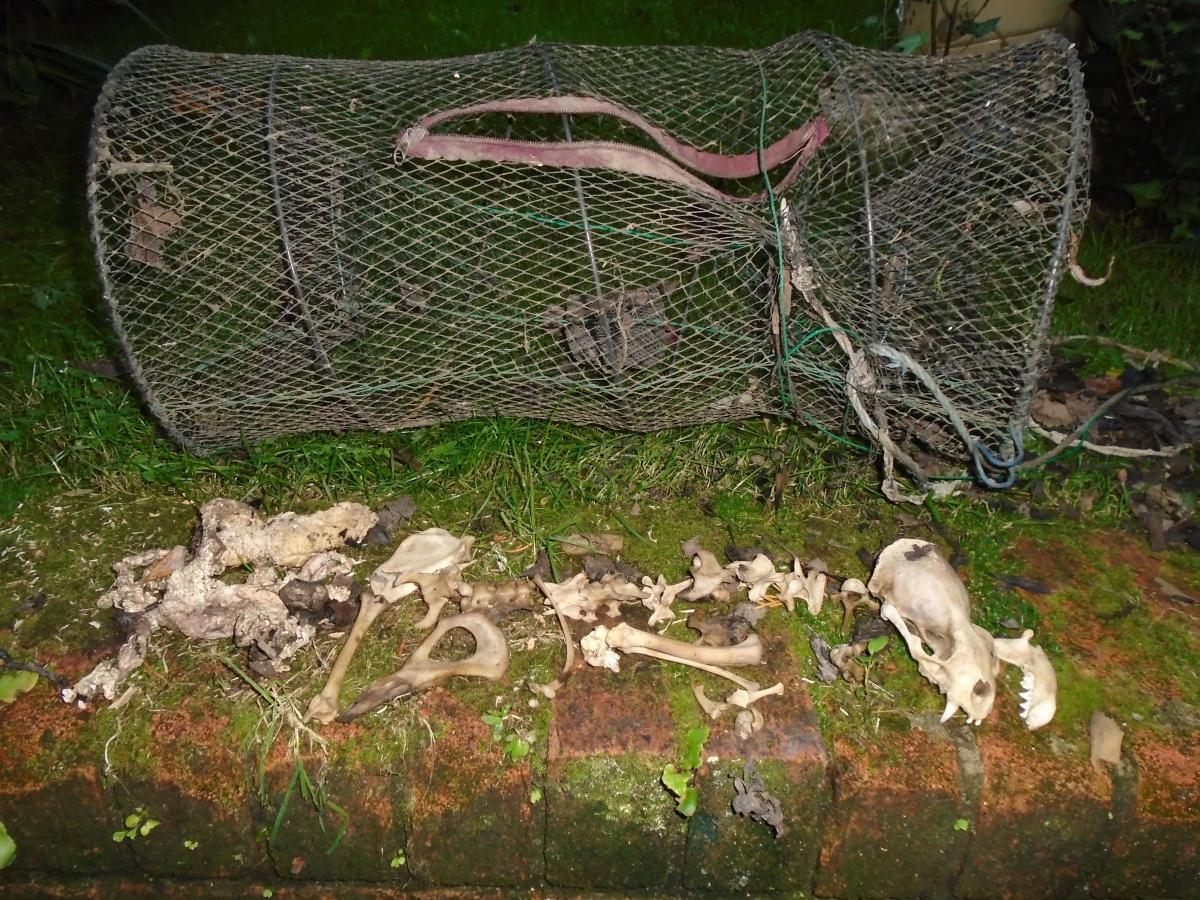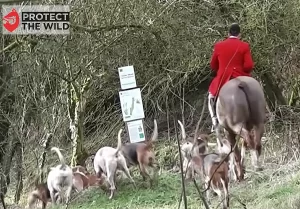
The Environment Agency is investigating an incident on the River Asker, Bridport which has led to an otter drowning.
The remains of the otter were found by dog walker Jerry Trimble who retrieved a trap from the river near Happy Island.
He said: “It had been washed down river during the recent heavy rain. Inside the trap were remains of an otter which must have become trapped and drowned.
“The trap may have been intended for crayfish. It is illegal to trap crayfish without a permit from the Environment Agency, and the trap must be designed to allow mammals such as voles and otters to escape.
“The person that set this trap is responsible for the death of a protected species. This type of trap is on sale for catching prawns in the sea, they are not to be used in rivers.”
The Environment Agency confirmed the trap had been illegally set without an otter guard.
The European otter is the only native UK otter species. It’s a European Protected Species and is also fully protected under Schedule 5 of the Wildlife and Countryside Act 1981.
The penalty for harming one is a six months and a £5,000 for each offence.
Sandie Moors an Environment Agency Biodiversity Officer, said: “It is tragic that this otter met its end by drowning in a net being used illegally on an unauthorised site. Eel nets and crayfish traps should be used only with permission from the land owner and the consent of the Environment Agency. Illegal traps put other species such as water voles and small dogs at risk.”
Eel nets and crayfish traps have to be licensed by the Environment Agency in a similar way that anglers need to licence their fishing rods. They should have a numbered tag to allow identification and have to be fitted with a guard to prevent otters entering them and becoming trapped.
Otters are semi-aquatic mammals. They were common in the British Isles up until the 1950s, but became rare in many areas due to the use of pesticides, habitat loss and water pollution. Population levels were at their lowest in the 1980s, but are now recovering.
Otter numbers are recovering throughout Dorset, partly due to efforts being made to improve water quality, improved habitats and the restrictions on the use of harmful pesticides. However, there are still threats to their successful re-establishment primarily from road accidents but also the use of illegal nets.
The otter is a European Protected Species and is also fully protected under Schedule 5 of the Wildlife and Countryside Act 1981.
You’re breaking the law if you:
- capture, kill, disturb or injure otters
- damage or destroy a breeding or resting place
- obstruct access to their resting or sheltering places
- possess, sell, control or transport live or dead otters, or parts of otters
- If found guilty of an offence you could be sent to prison for up to 6 months and be fined £5,000 for each offence.
Anyone who sees illegal nets, or who has information about this incident should contact the Environment Agency’s free 24 hour incident hotline on 0800 80 70 60 or Crimestoppers on 0800 555111.
Source: Dorset Echo






